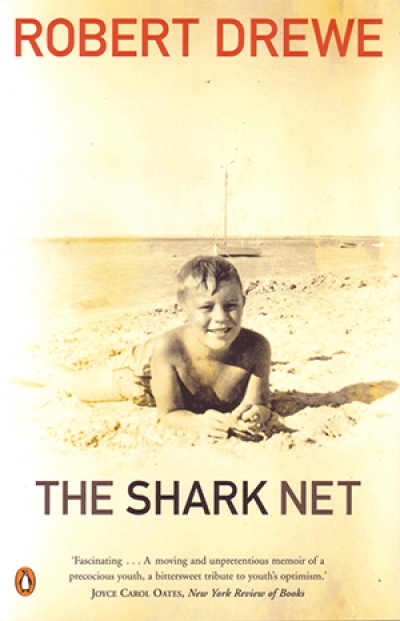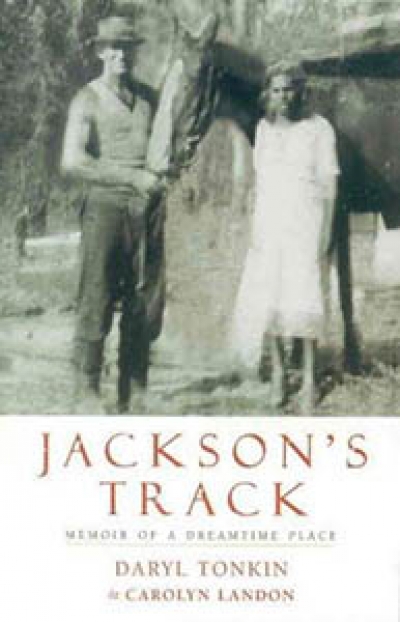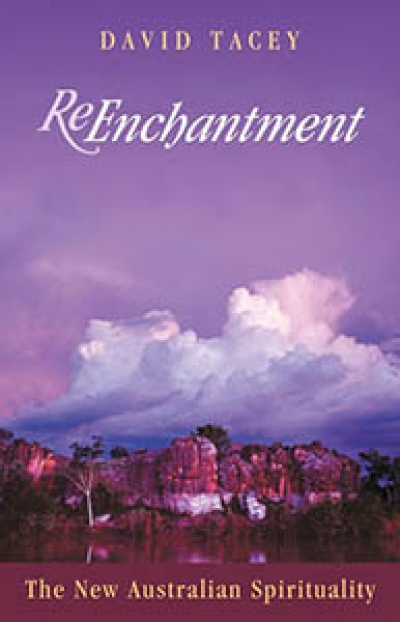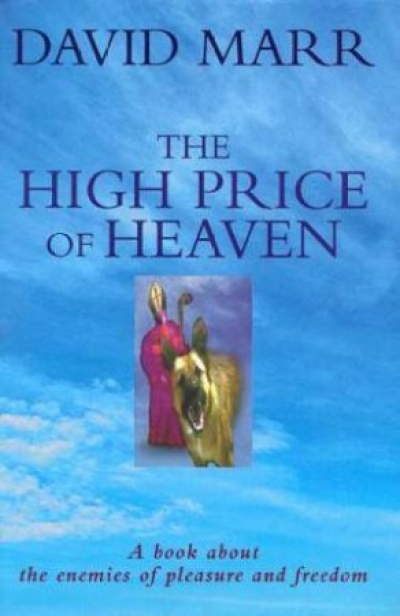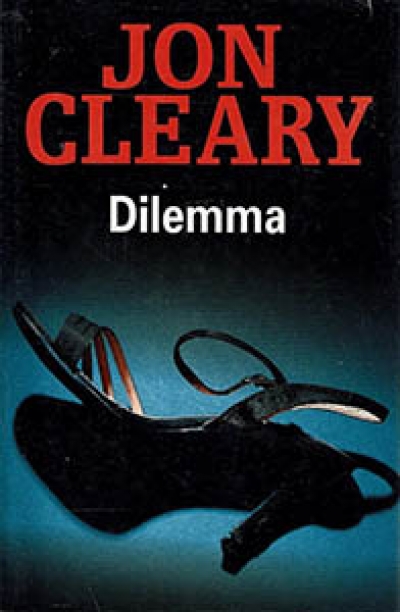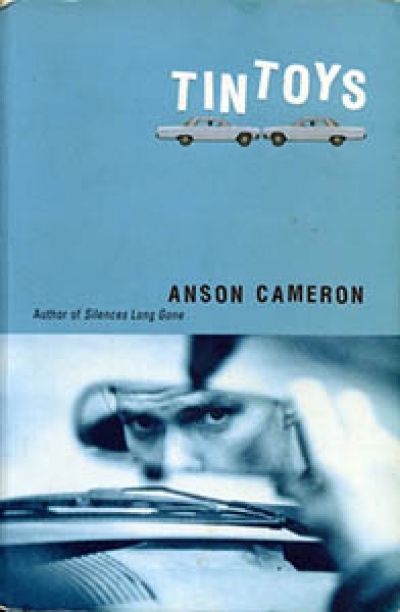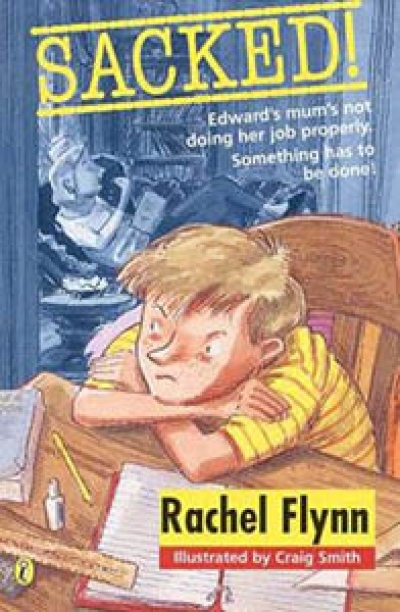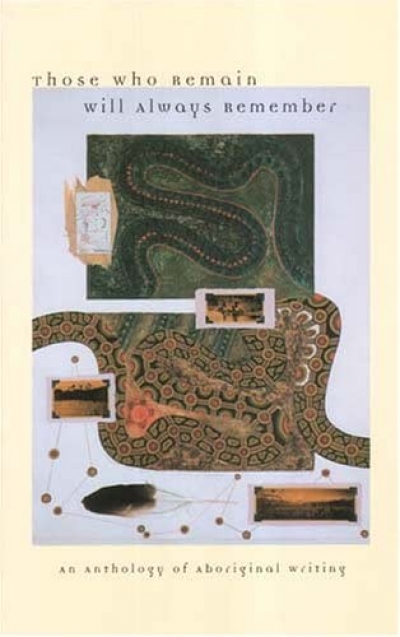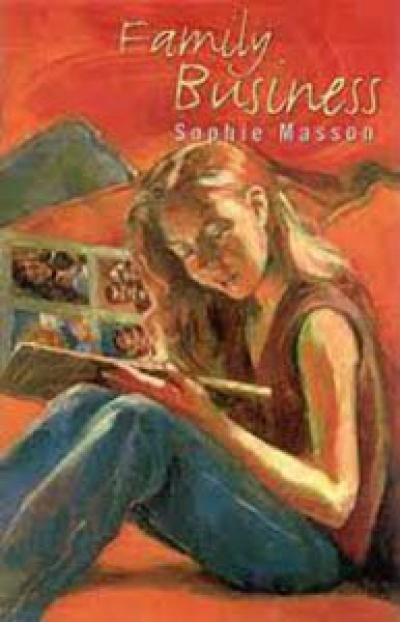Archive
Jackson's Track: Memoir of a Dreamtime place by Daryl Tonkin and Carolyn Landon
by Alison Ravenscroft •
Frank Graham Little was born in Belfast 1 November 1939 and died Melbourne 24 February 2000. He spoke quietly and literally made a profession of observation, of seeing through and beneath human behaviour, so could appear passive. He was not. He was a man who took hold of his life, and was absolutely in the middle of yet another intellectual adventure when he died suddenly last month.
... (read more)Tin Toys by Anson Cameron & Stormy Weather by Michael Meehan
by David Matthews •
Sacked! by Rachel Flynn, illustrated by Craig Smith & Footy Shorts by Margaret Clark
by Stella Lees •
Those Who Remain Will Always Remember: An anthology of Aboriginal writing edited by Anne Brewster, Angeline O’Neill and Rosemary van den Berg
by Philip Morrissey •
Family Business by Sophie Masson & The Rented House by Phil Cummings
by Ruth Starke •

